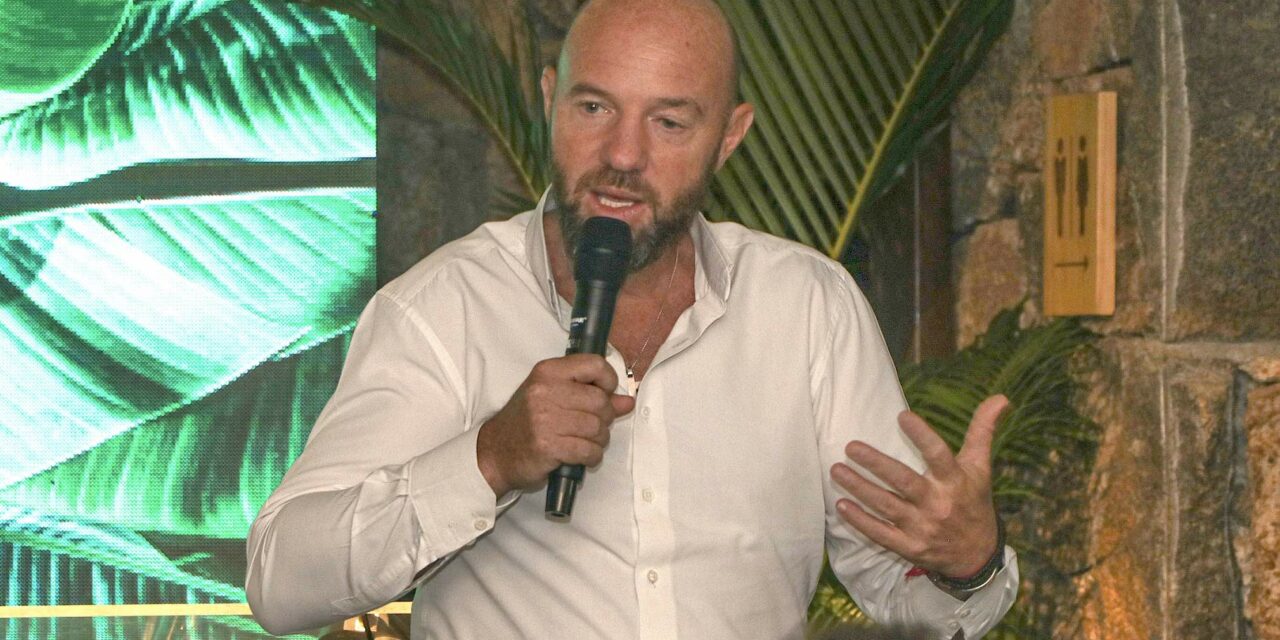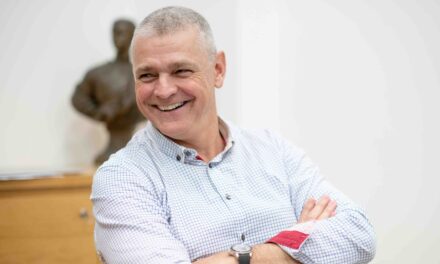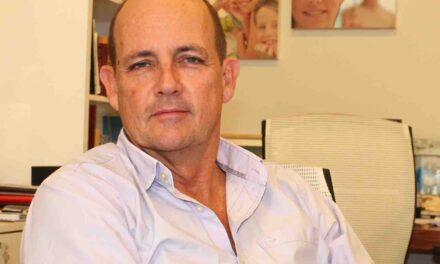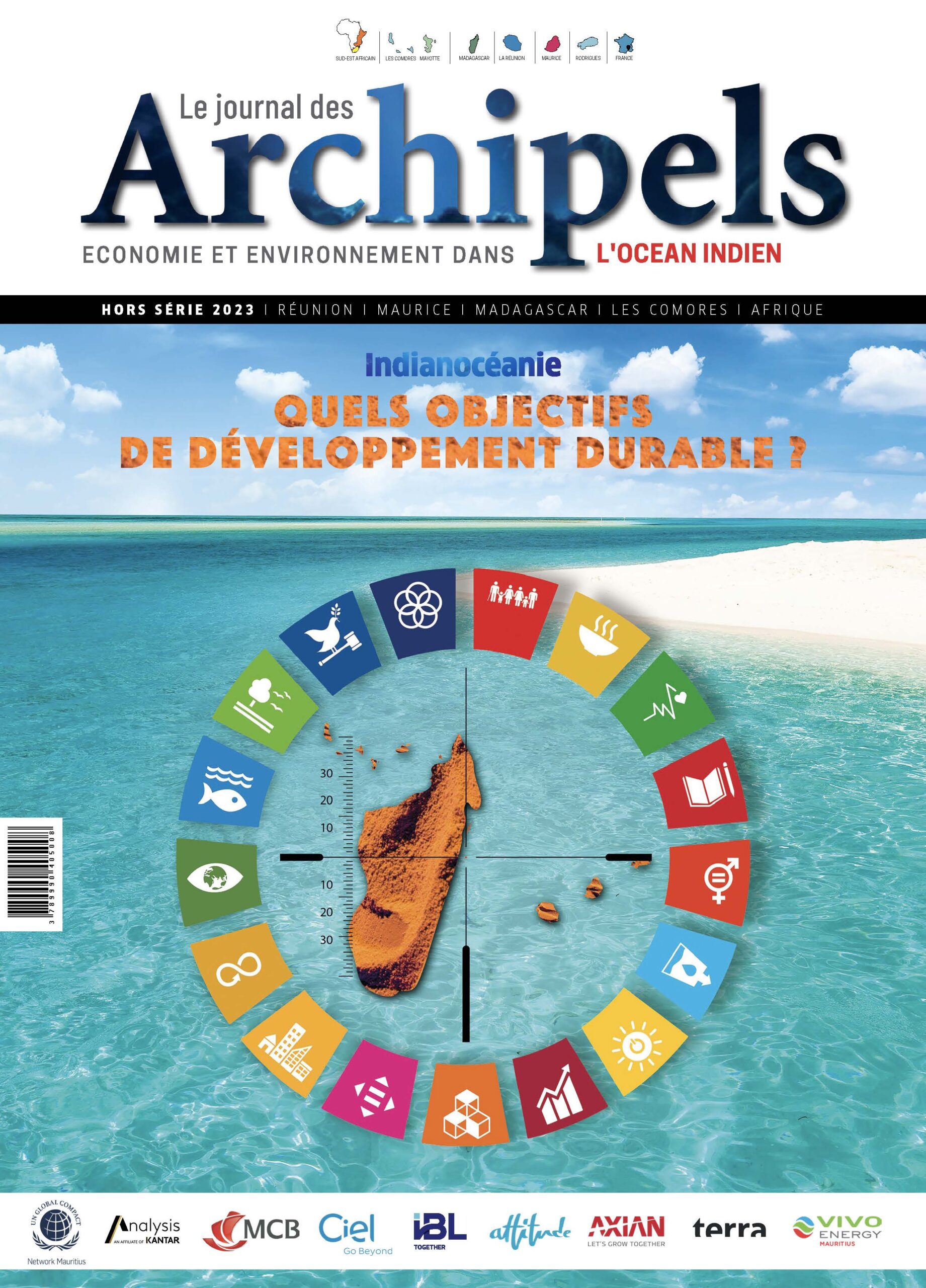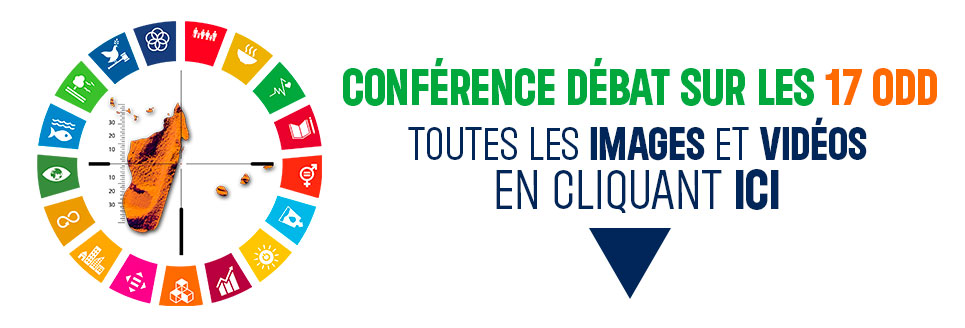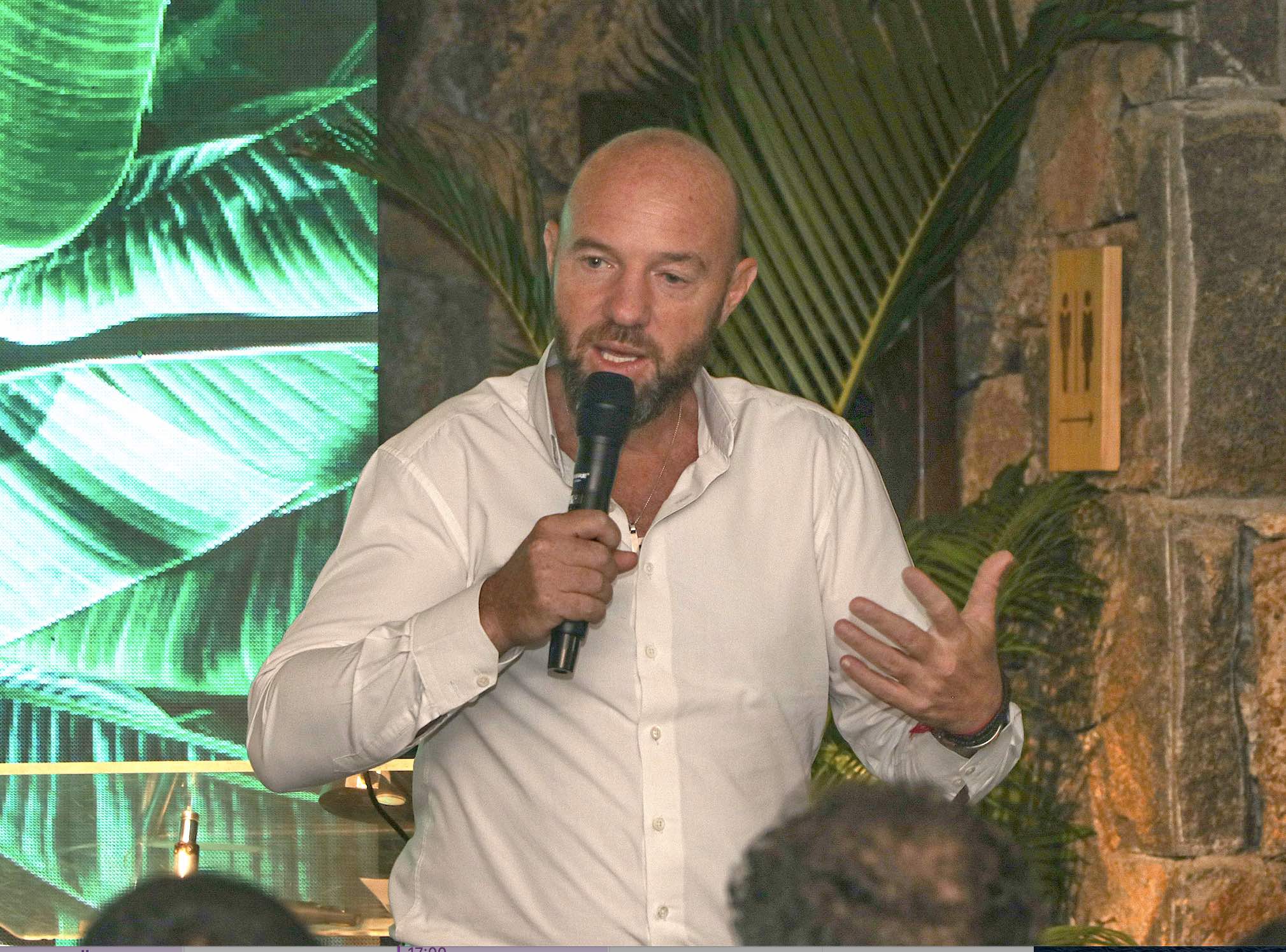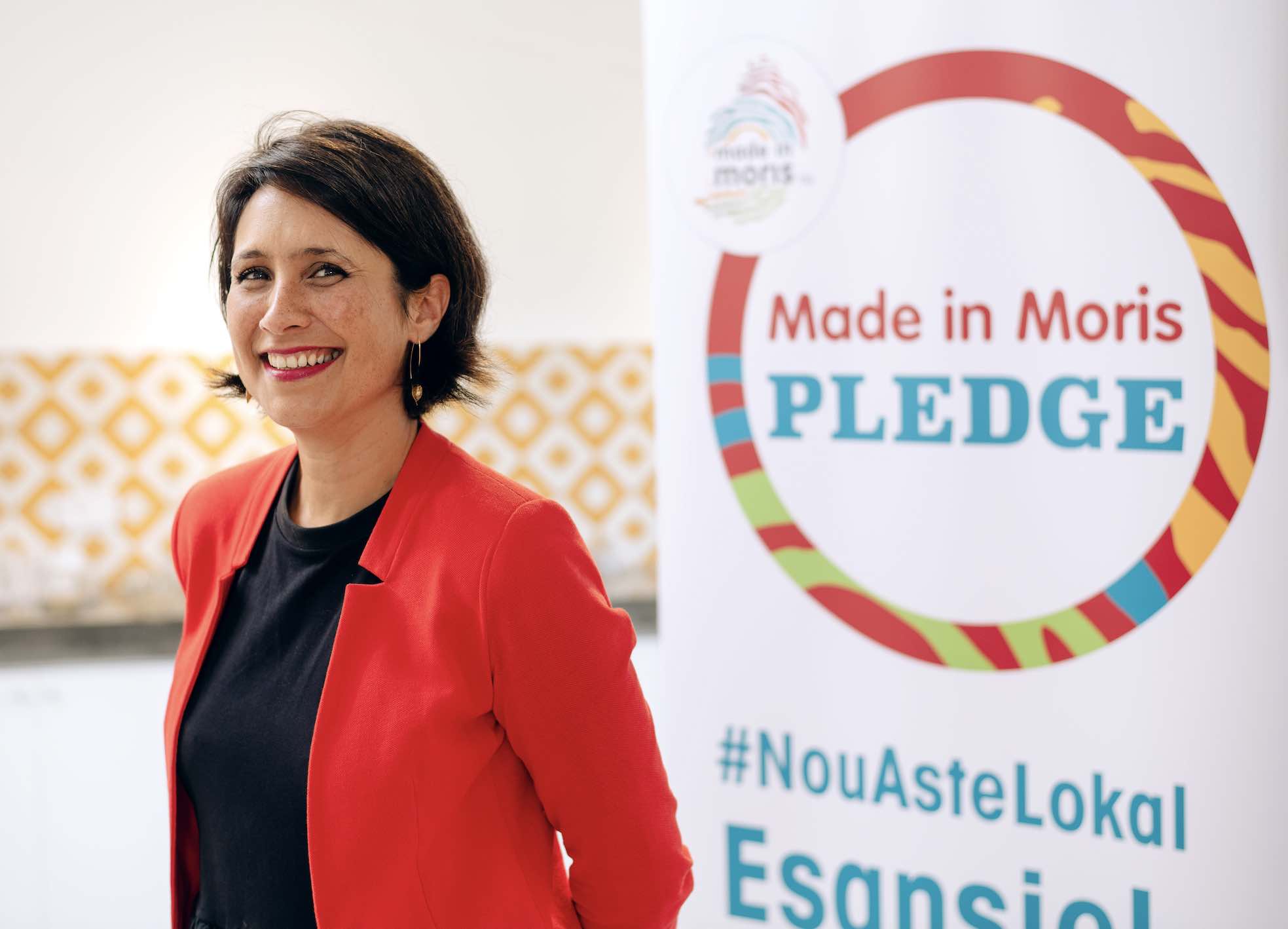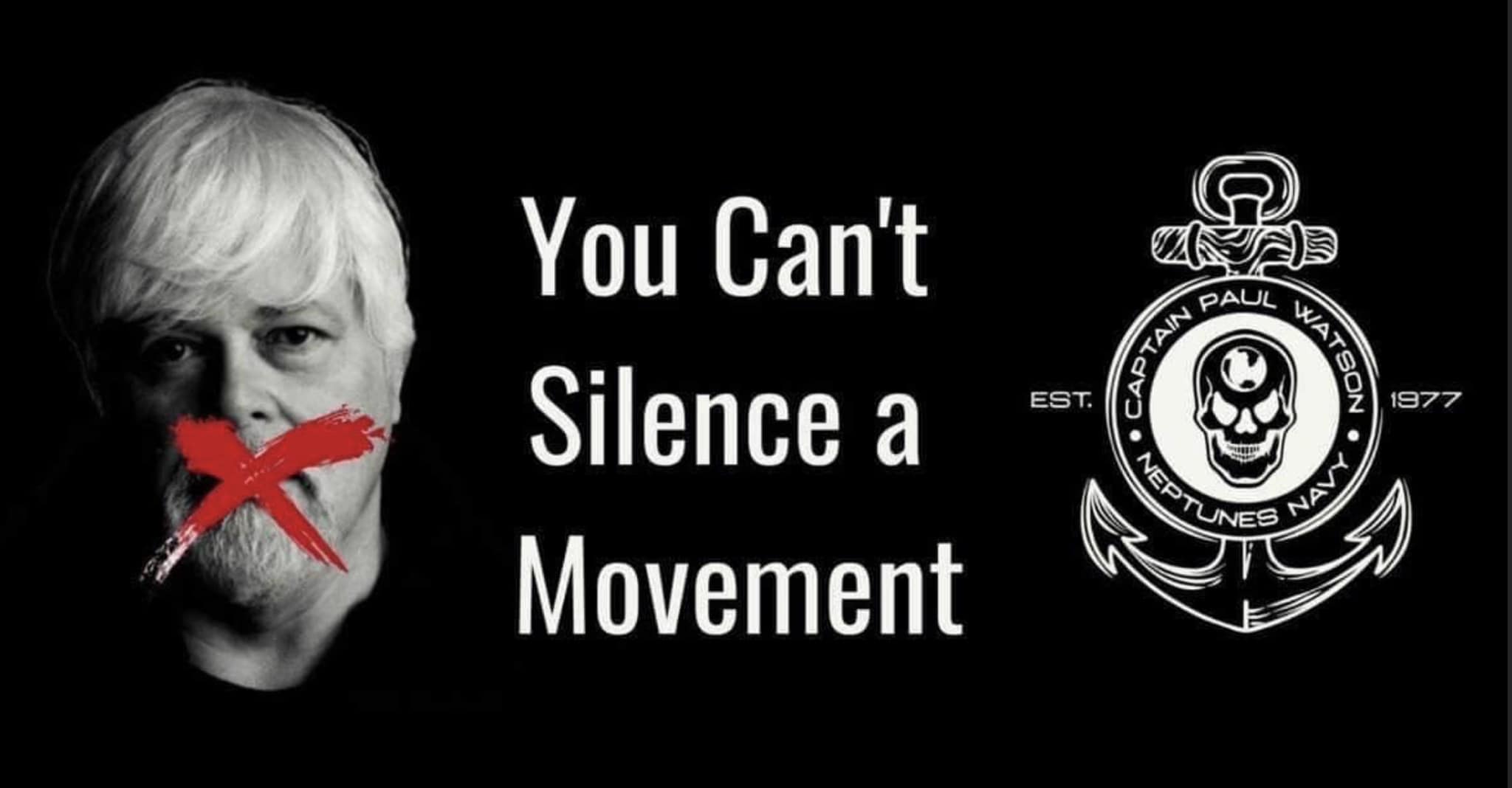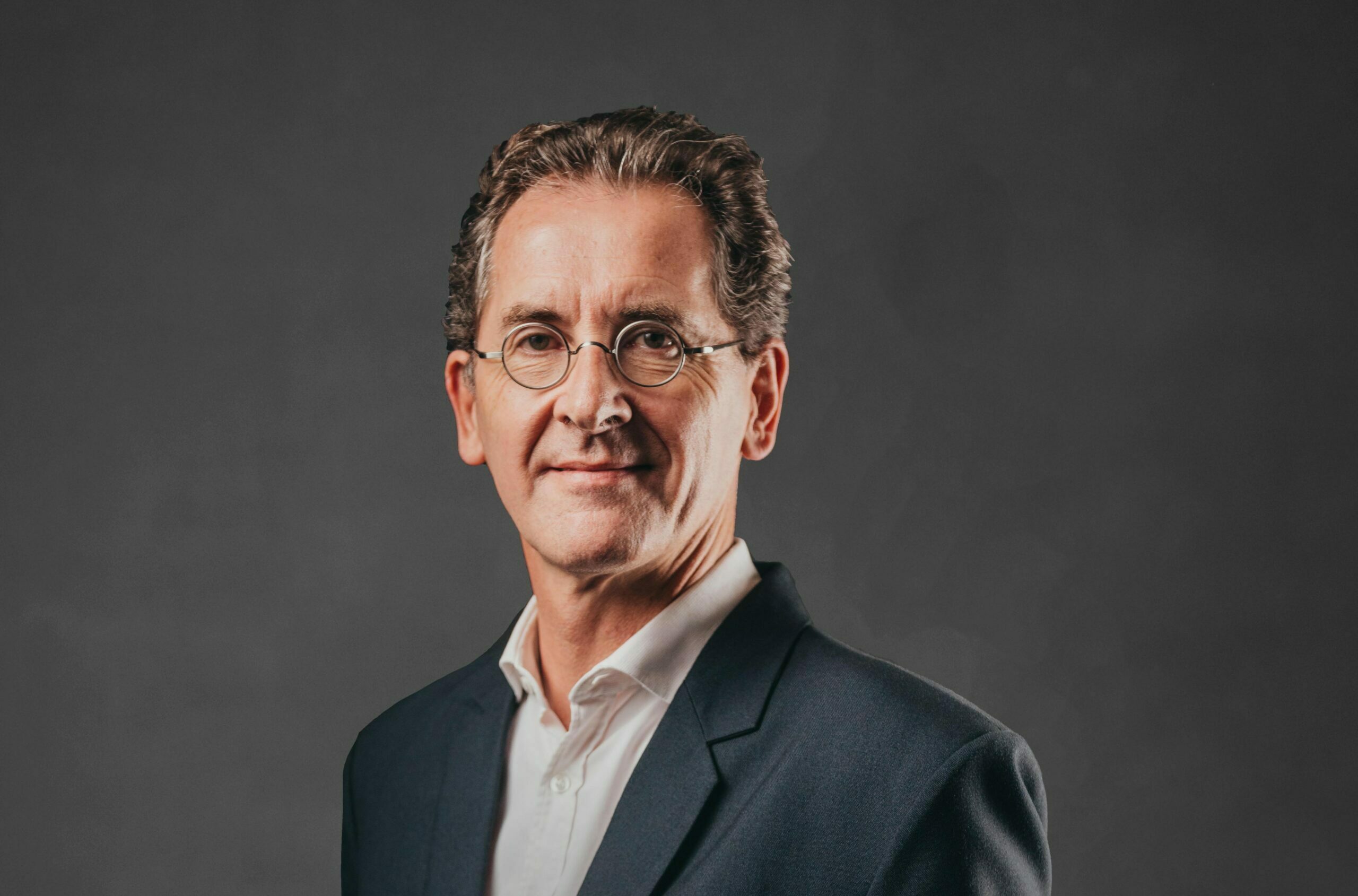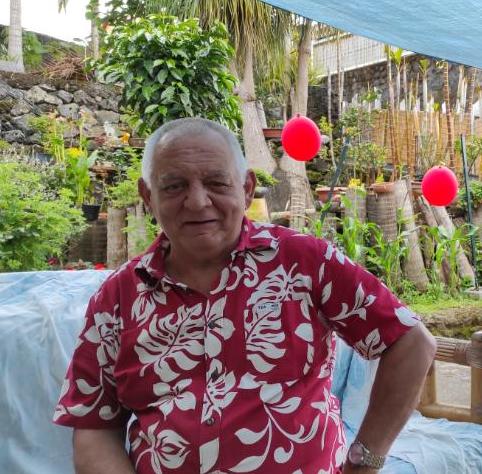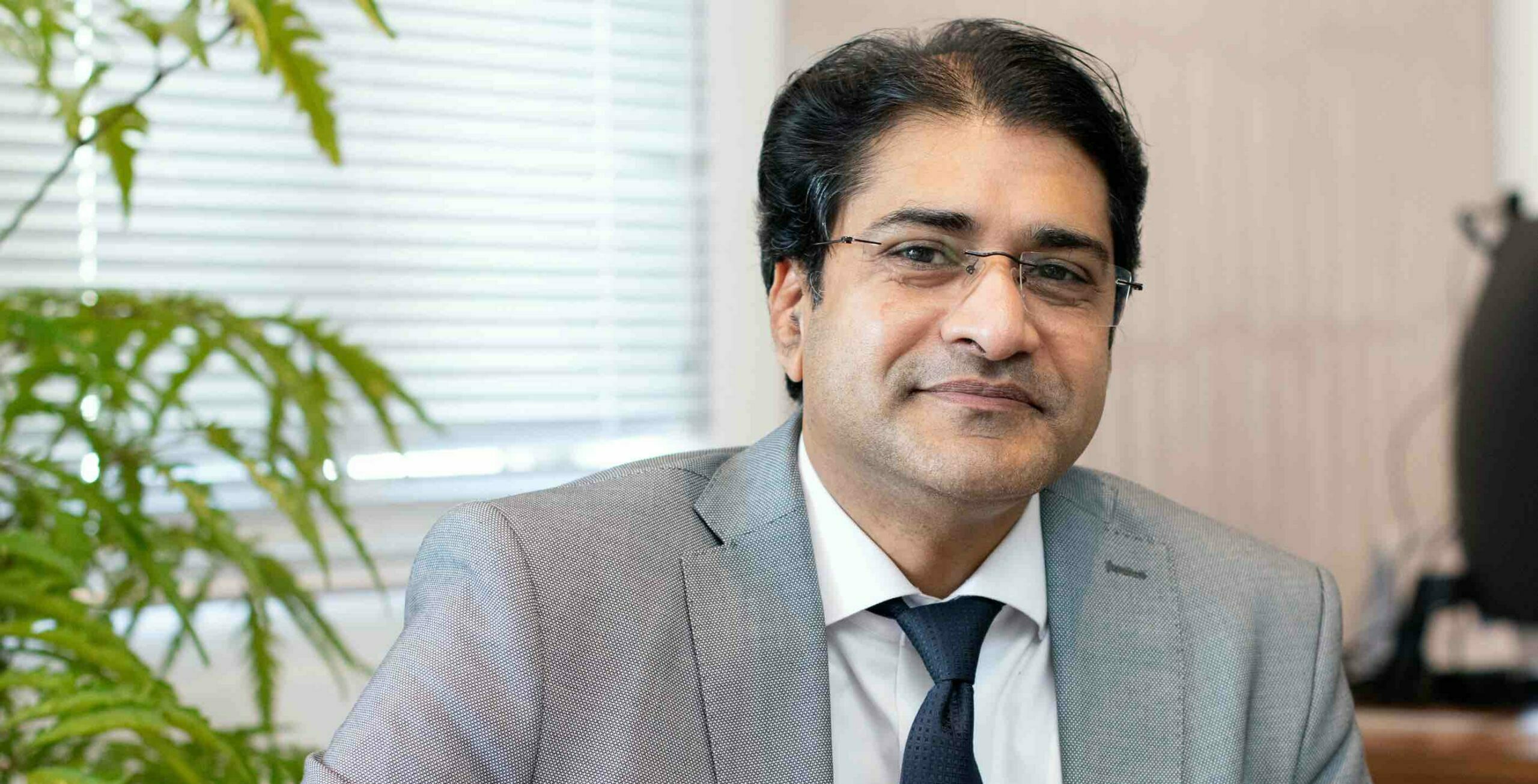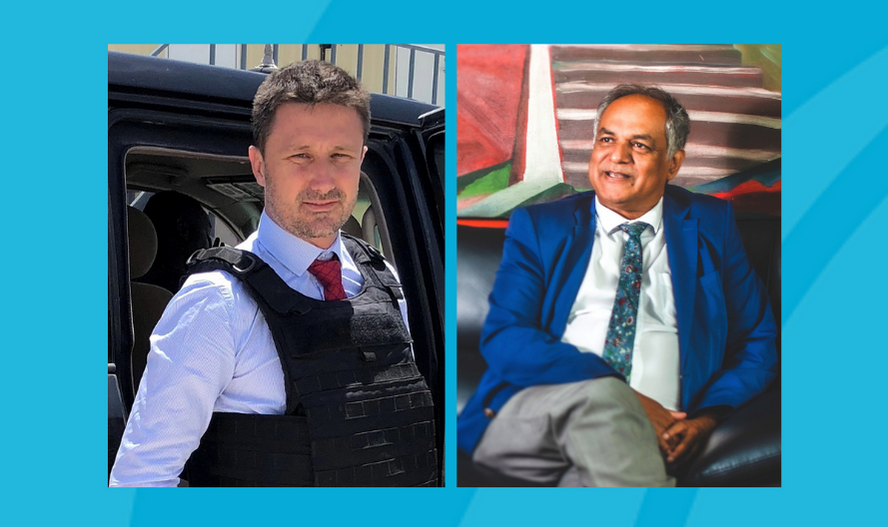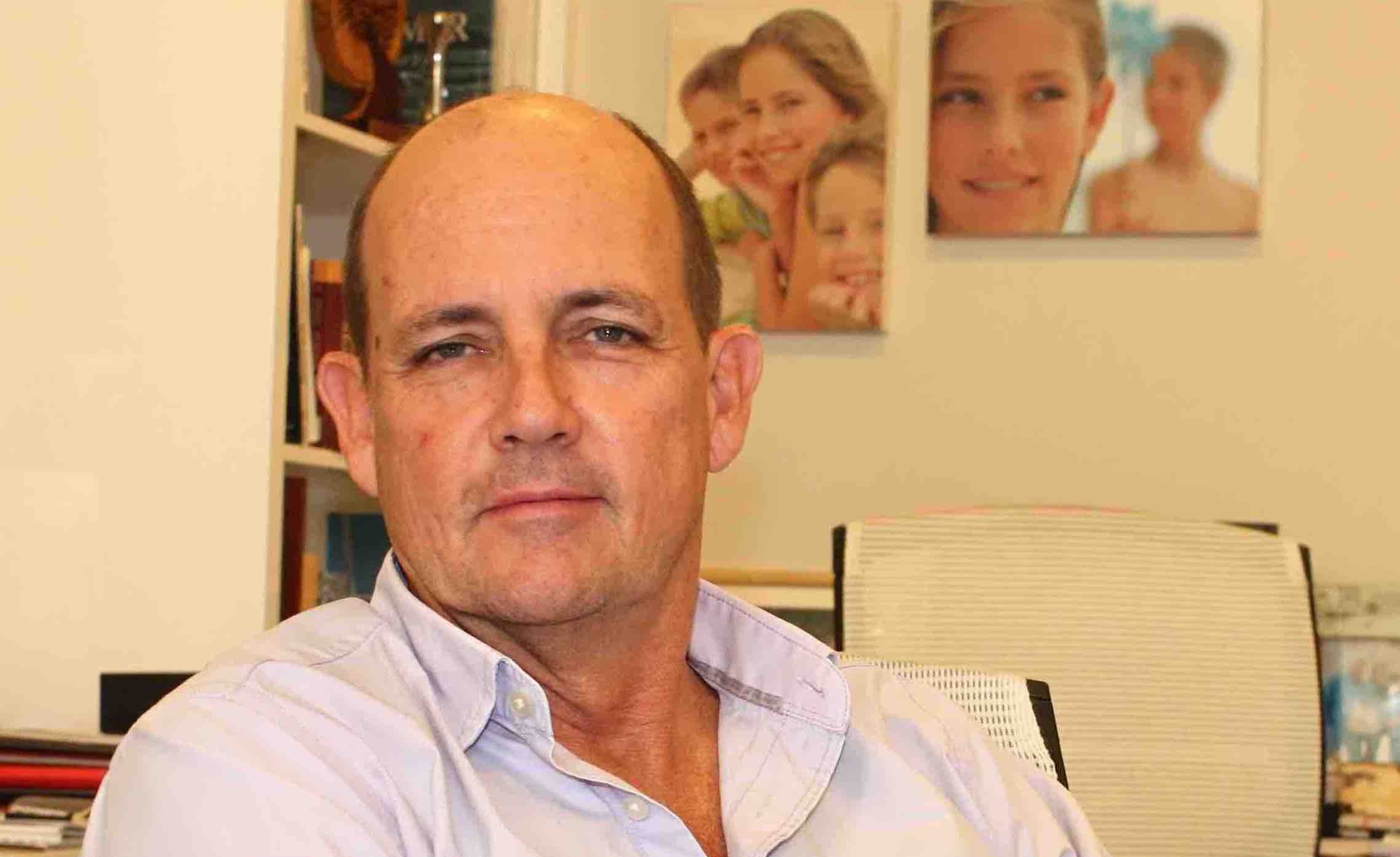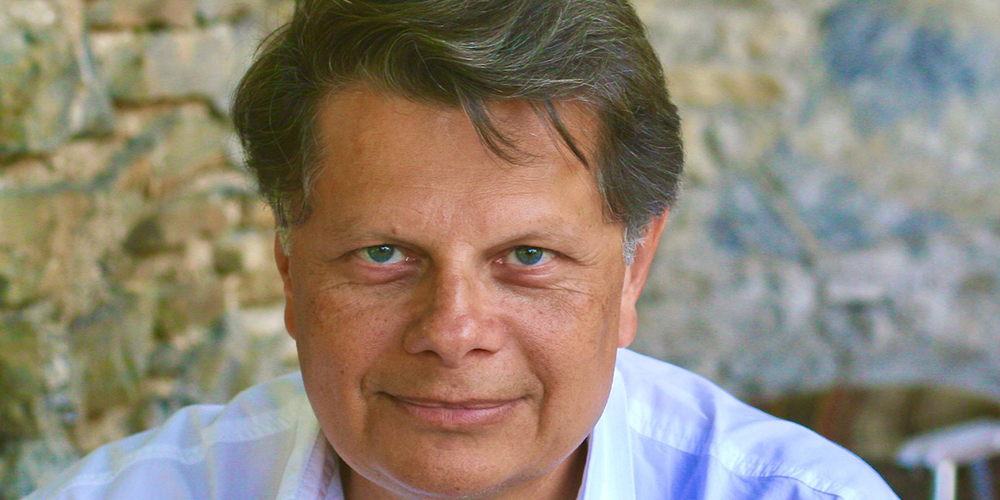“Sharing our knowledge and working better together, that’s why we’re here”, said Bertrand Hanauer, Managing Director of Transinvest, at the start of the interactive conference entitled “Building better with lessCO2 “. The event, held at l’Aventure du Sucre e 2023, was organised by Transinvest in partnership with the Université des Mascareignes, Will Change and the Made in Moris label.
Photo (DR): Bertrand Hanauer is CEO of Transinvest Construction, founded in 1949 and the Mauritian subsidiary of the Colas Group. With more than 950 employees (98% of whom are Mauritians), the company is involved in the construction and maintenance of transport infrastructure, engineering structures and buildings. TRANSINVEST Construction has the Made In Moris label.
This event highlighted proven solutions for building and maintaining our roads more sustainably and economically in Mauritius – in short, how to reconcile sustainability and reduced cost in road construction. But the interactive conference went further than that.
From the outset, Jean Luc Willain of Will Change (a partner of Le Journal des Archipels) reminded us of some terribly topical figures: “whereas the forecasts were for global warming of 0.2% every ten years, the phenomenon is accelerating by itself and global warming will reach +1.5° in 2040. So the situation is urgent, and it’s up to us to prepare the best for our children”.
Bringing together key industry players, the conference was an opportunity for Transinvest to present methods of combining sustainability and economy. Speakers shared their expertise on a range of topics, including the environmental impact of road construction, environmentally-friendly road structures, drainage systems, ingenious road solutions, and the use of energy-efficient road equipment featuring new technologies.
“Save 50% of greenhouse gas emissions and cut costs by 30%”.
An optimistic note in this overheated world: “we already have the solutions to limit our CO2 output by 40%”, according to Bertrand Hanauer. These solutions are the result of ongoing investment in research and development, involving a combination of different innovations, but above all the development of a private-public partnership (PPP) and the support of labels such as Made in Moris.
“We are delighted to have been able to bring the industry together and promote eco-responsible construction methods. Road construction and maintenance account for 7% of greenhouse gas emissions worldwide. To reduce this carbon footprint, we have proposed eco-responsible solutions to our customers, all of which offer substantial financial savings. Each of the proposed solutions is covered by a regulatory framework applicable in Mauritius. If we implement all the technical optimisations presented, we will be able to save almost 50% of the greenhouse gas emissions linked to transport infrastructures, while reducing their cost by more than 30% and improving their level of safety. This would enable the country to meet the ambitious commitments made by the government to reduce carbon emissions by 2030”, said Bertrand Hanauer, CEO of Transinvest.
Transinvest and the Université des Mascareignes (a partner of the University of Limoges in France) have unveiled a concrete development project (Bill of Quantities Carbon) that will enable the carbon footprint generated by the construction and maintenance of roads and paths in Mauritius to be measured accurately over the medium term.
This tool is due to be unveiled on 5 June on the occasion of the next Environment Day. To be continued in our columns.
To find out more about these innovative projects, go to: https: //shorturl.at/oqtyR
A few key figures on CO2.
In his speech, Jean Luc Willain pointed out that the issue of global warming is not new. As far back as 1824, the physicist Fourier was concerned about a probable increase in CO2 emissions into the atmosphere, with a risk of +4° warming.
Never short of shocking phrases and indicators, Jean Luc Willain gave the audience some key figures.
For example, to emit one kilogram of CO2, you need to travel 5 kilometres by car, 9 kilometres by bus, 350 kilometres by metro, or simply send a hundred emails!
Overall, the sectors that emit the most CO2 are, in descending order, industry (29%), construction (27%), transport (22%) and road building (only 7%)!
Finally, let’s not forget that when we’re in front of our computers, sending an email is equivalent to the consumption of an A4 sheet of paper. It’s worth thinking about when you consider that around 300 billion emails are sent every day.


